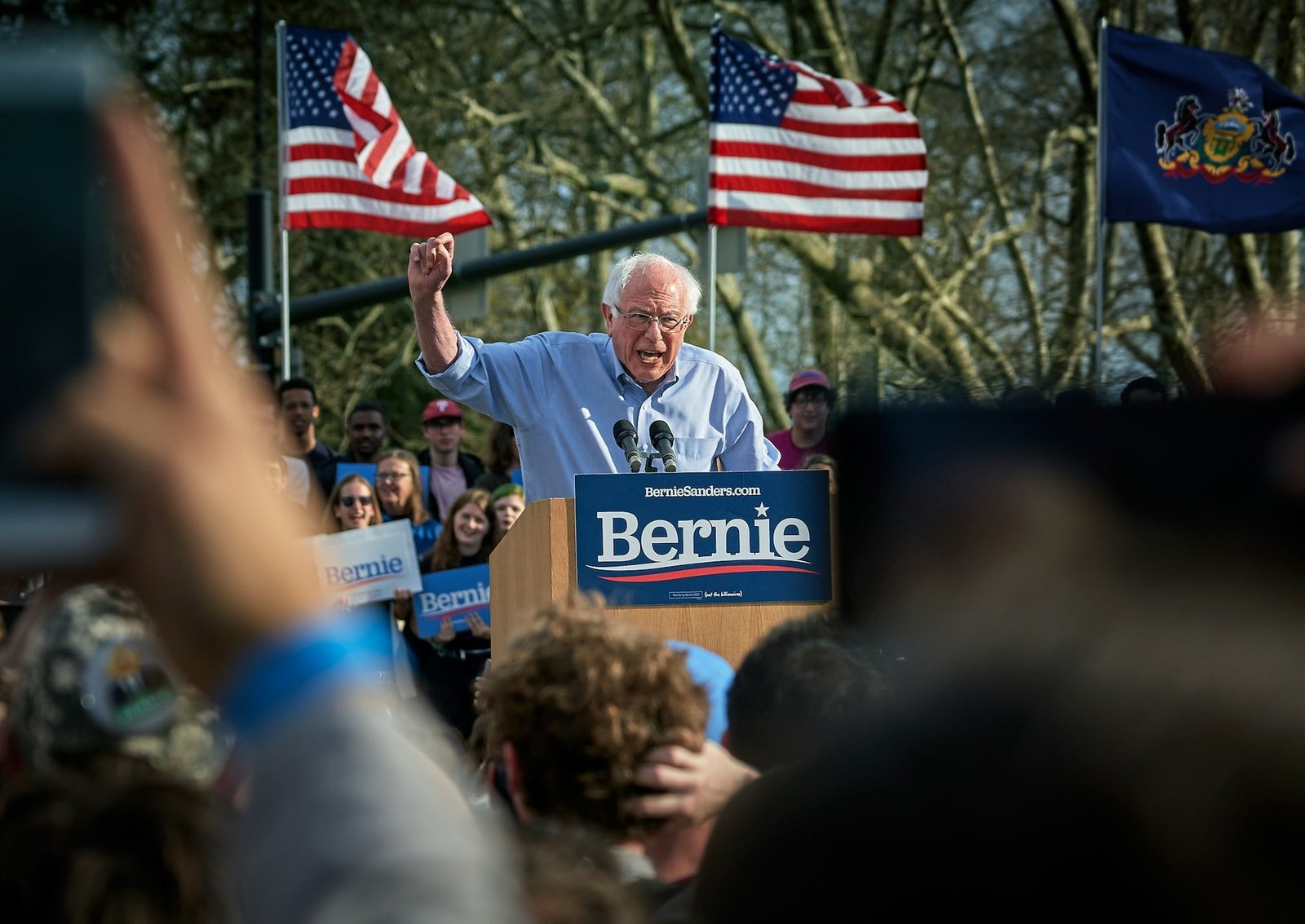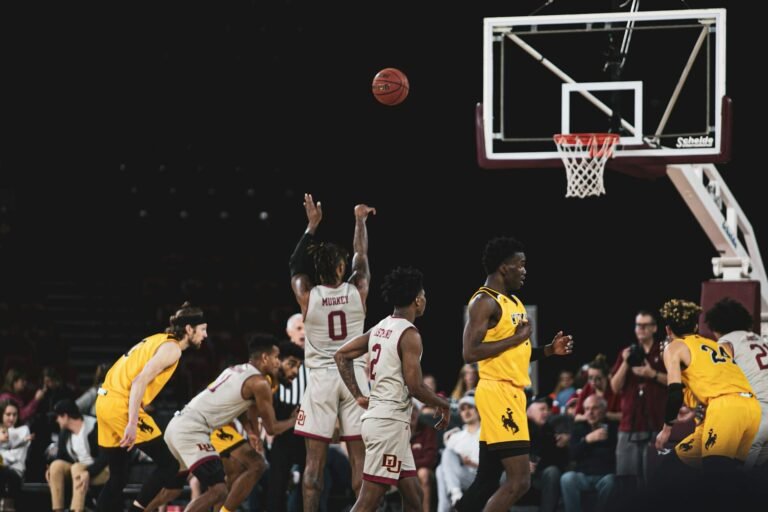Ohio Republicans are treading extremely cautiously when it comes to addressing discrepancies or disagreements with two of the state’s most prominent figures: former President Donald Trump and Senator J.D. Vance. Both Trump and Vance have significant influence within the Republican base in Ohio, making it a delicate task for state Republicans to criticize or correct them without alienating voters or facing political repercussions. This has led to a nuanced approach, where even mild corrections are delivered with careful consideration and deference.

One of the main reasons for this cautious behavior is the strong loyalty many Ohio voters feel toward Trump. The former president still enjoys widespread support among Republican voters, particularly in rural areas and smaller towns. For many of these voters, Trump’s endorsement carries significant weight. This was evident in J.D. Vance’s 2022 Senate campaign, where Trump’s endorsement played a crucial role in securing his victory. As a result, state Republicans are aware that openly contradicting Trump could result in backlash from their base, which relies heavily on his continued favor.
Vance, too, commands considerable influence, especially after aligning closely with Trump and embracing many of his policies. Since taking office, Vance has positioned himself as a staunch defender of Trump’s populist agenda, further solidifying his standing among conservative voters in Ohio. This complicates matters for other Republicans in the state, as taking a strong stance against Vance could be perceived as undermining Trump’s broader movement, which remains a driving force in the party. Any attempt to openly correct or criticize Vance must, therefore, be handled with great care.
However, there have been instances where Ohio Republicans have found it necessary to distance themselves slightly from both Trump and Vance, particularly when policy disagreements arise. In these cases, the approach has typically been to offer gentle pushback or to frame disagreements as respectful differences of opinion. Rather than outright criticism, Ohio Republicans often choose to emphasize areas of agreement while downplaying the points of contention. This strategy allows them to avoid alienating their core voters while still maintaining some degree of autonomy in shaping their own policy positions.
As the political landscape in Ohio continues to evolve, it is likely that this balancing act will persist. For state Republicans, the challenge lies in navigating the powerful influence of both Trump and Vance while also addressing the needs and concerns of their broader constituencies. With Trump still playing a prominent role in national politics and Vance’s star continuing to rise, Ohio Republicans must continue to tread carefully, ensuring they don’t find themselves on the wrong side of a powerful base that remains deeply loyal to both figures.


















